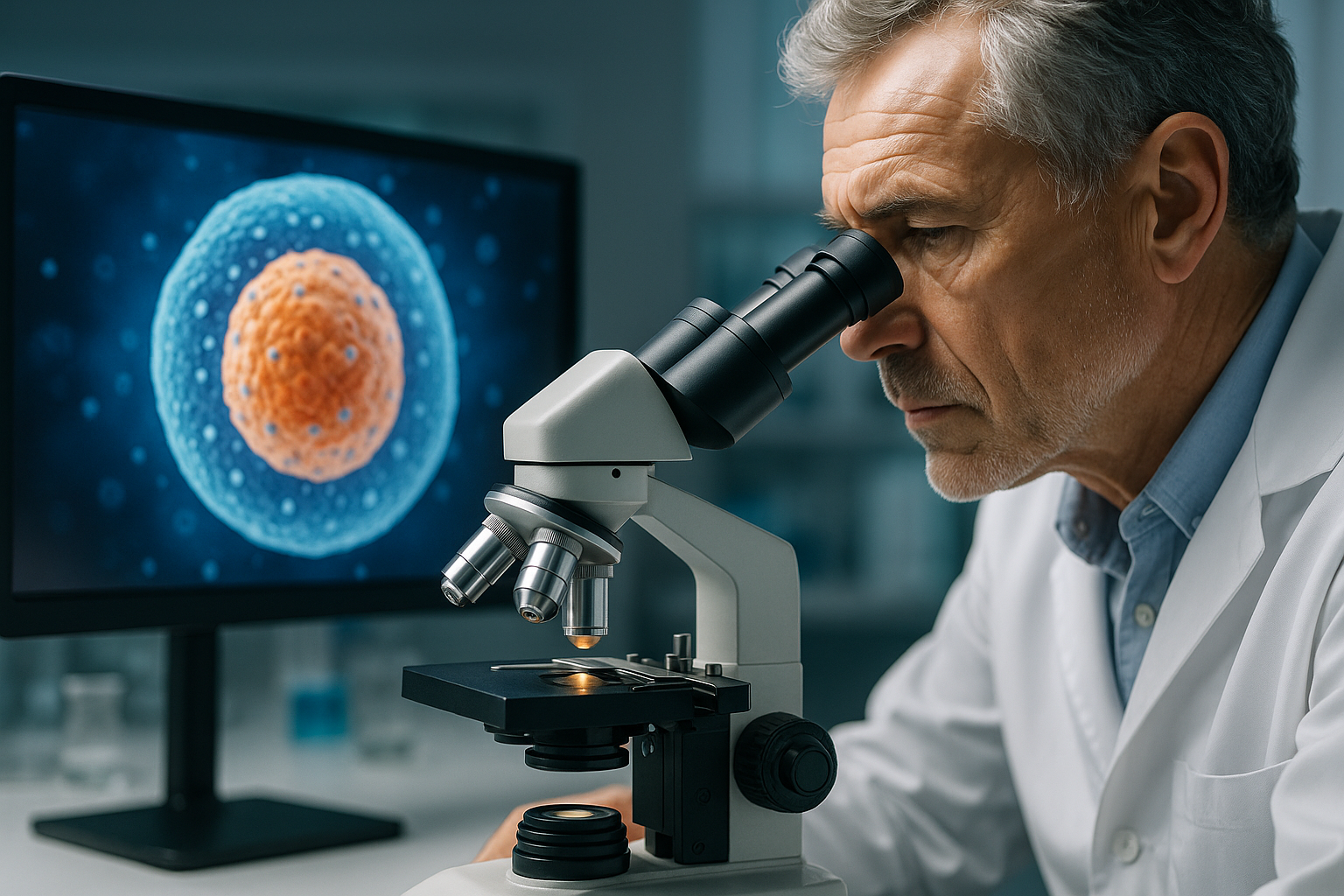The Mysteries and Miracles of Autophagy: Your Body's Natural Healing Mechanism
Autophagy, a biological process that presents a natural healing mechanism within our bodies, has been gaining increased attention in the realm of health and wellness. This process, intriguing in its complexity and potential for improving health, holds the promise of unlocking the secrets of longevity and disease prevention. But what exactly is autophagy, and how can we harness its power to enhance our well-being?

An Intriguing Biological Process
Autophagy, from the Greek words ‘auto’ (self) and ‘phagy’ (eat), is quite literally the process by which our cells consume and recycle their own parts. This cellular self-cannibalization, far from being destructive, is actually a way for our bodies to rejuvenate themselves. Autophagy aids in the removal of damaged cells and the creation of new ones, thus playing a crucial role in combating aging and disease.
The concept of autophagy was first introduced by Belgian scientist Christian de Duve in the 1960s. However, it was not until 2016 when Japanese cell biologist Yoshinori Ohsumi was awarded the Nobel Prize for his pioneering research on the mechanisms of autophagy that the process gained widespread recognition.
The Health Potential of Autophagy
Today, autophagy is considered essential in preventing diseases such as cancer, neurodegenerative disorders, and infections. It’s also suggested to play a role in controlling inflammation and immune response.
Research indicates that autophagy can be stimulated by fasting, exercise, and certain compounds like resveratrol found in red wine. However, while the health potential of autophagy is exciting, it’s important to note that excessive or uncontrolled activation of autophagy can also be harmful. Therefore, understanding the balance and mechanisms of autophagy is vital.
The Science and Practice of Autophagy
Autophagy is a highly complex process regulated by numerous genes and signaling pathways. In simple terms, when our cells sense stress, such as nutrient deprivation, they initiate autophagy to sustain essential cellular functions and ensure survival.
In terms of practical applications, intermittent fasting and high-intensity interval training (HIIT) are two strategies widely recommended to stimulate autophagy. However, it’s essential to approach these practices with caution and ideally under professional guidance, as they can cause physical stress if not done correctly.
Unveiling Autophagy’s Secrets
-
Autophagy is a natural cellular process where your body recycles damaged cells to create new ones.
-
Research suggests that autophagy can help prevent diseases and combat aging.
-
Practices like intermittent fasting and high-intensity interval training (HIIT) can stimulate autophagy.
-
However, balance is vital. Excessive or uncontrolled autophagy can be harmful.
Harnessing Autophagy: A Balanced Approach
As we delve deeper into the world of autophagy, it becomes clear that this biological process holds great potential for health and longevity. However, harnessing its power requires a balanced approach.
While there are ways to stimulate autophagy, such as fasting and exercise, these should be done with caution and under professional guidance. Overdoing it can lead to physical stress and potential harm. Moreover, the science of autophagy is still unfolding, and much more research is needed to fully understand its complexities and implications for human health.
In conclusion, autophagy is an exciting area of health science that could revolutionize our understanding of disease prevention and longevity. As we continue to unravel the mysteries of autophagy, one thing is clear: our bodies are incredibly sophisticated systems with the innate ability to heal and rejuvenate themselves. By understanding and respecting these natural processes, we can truly optimize our health and well-being.




